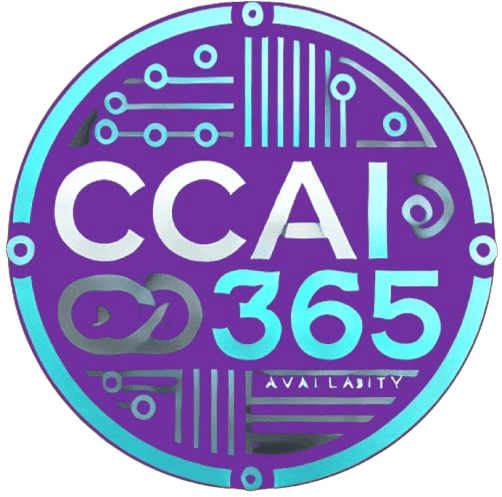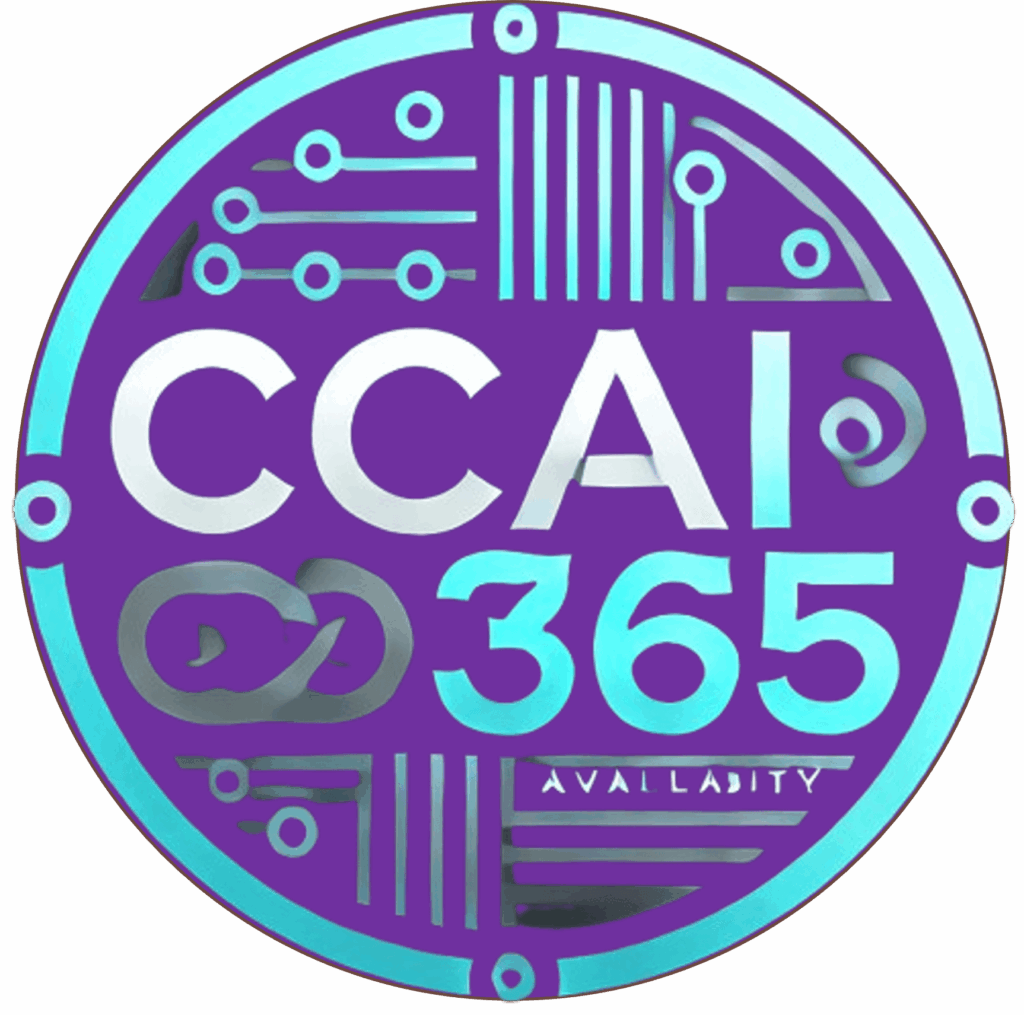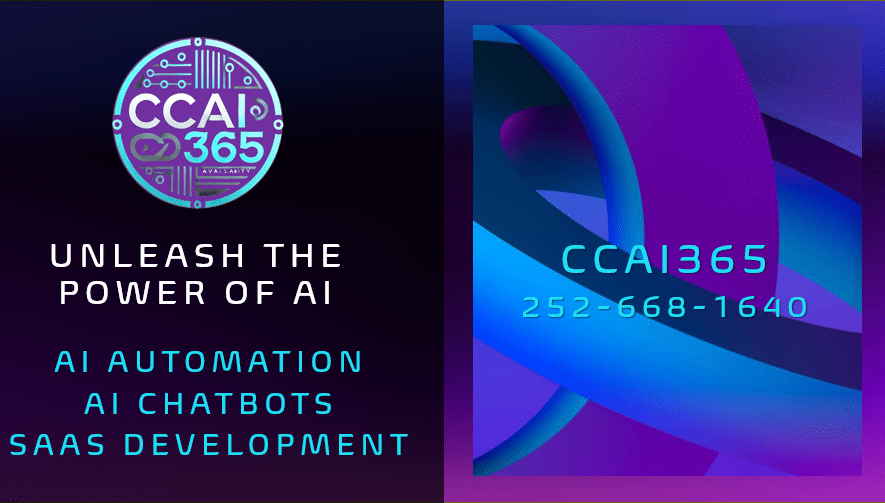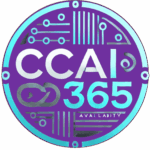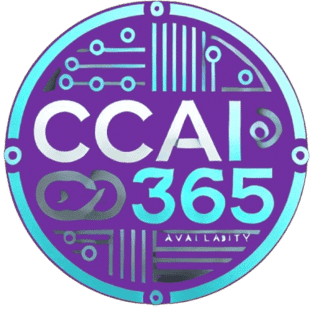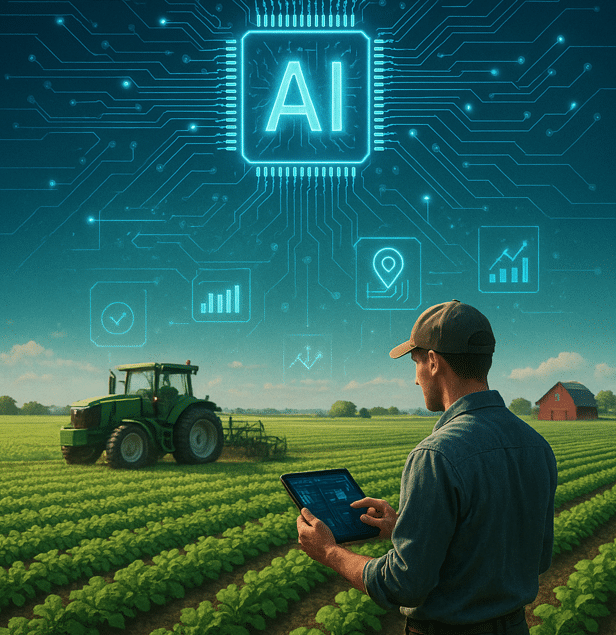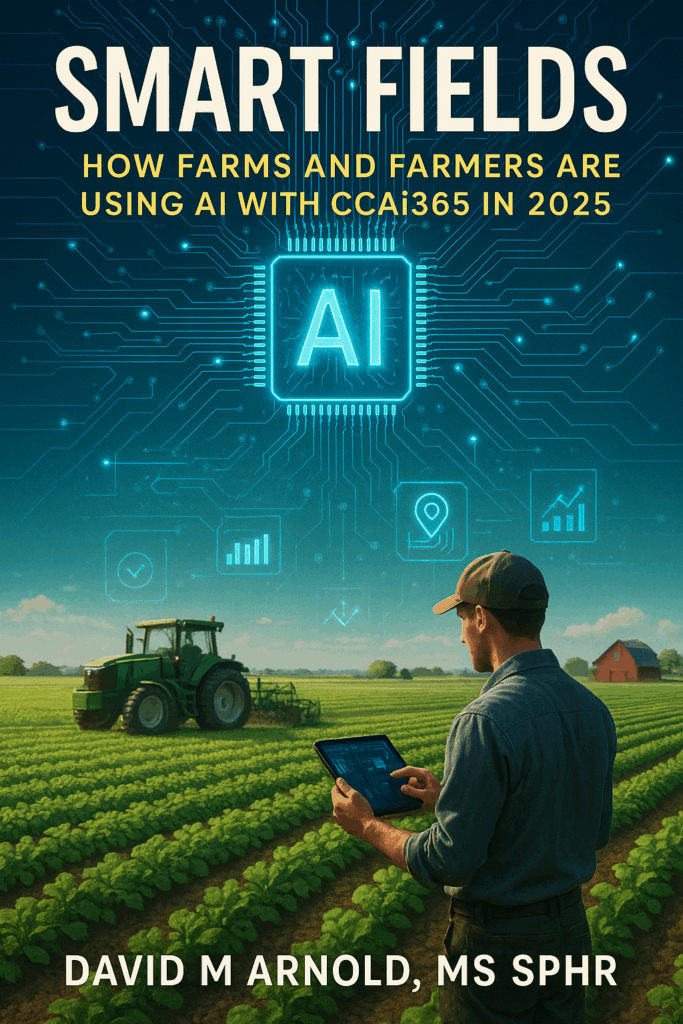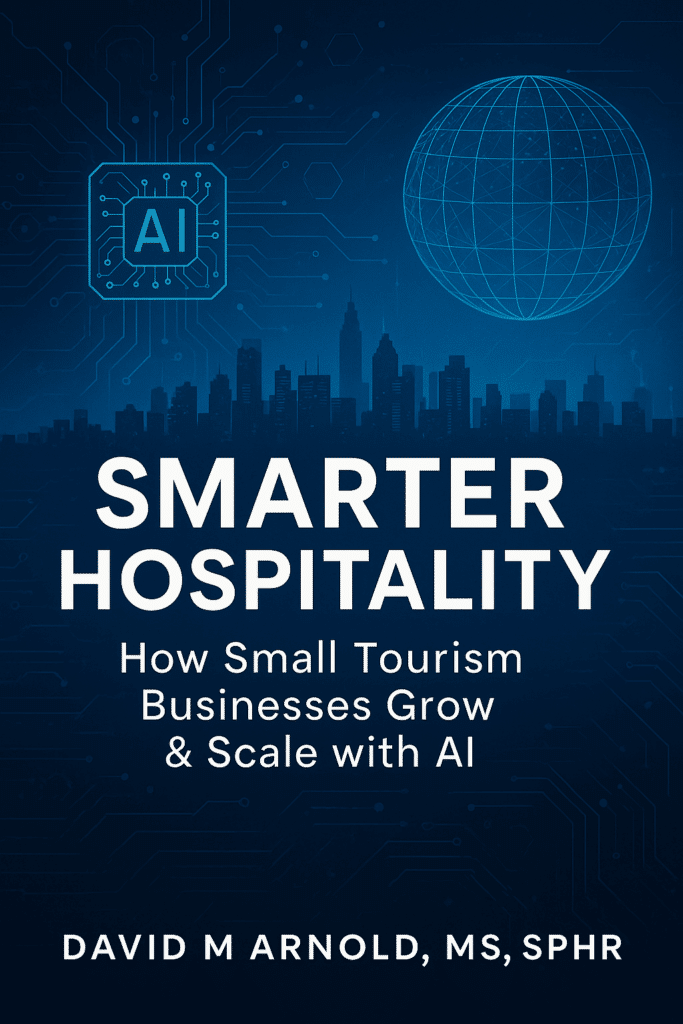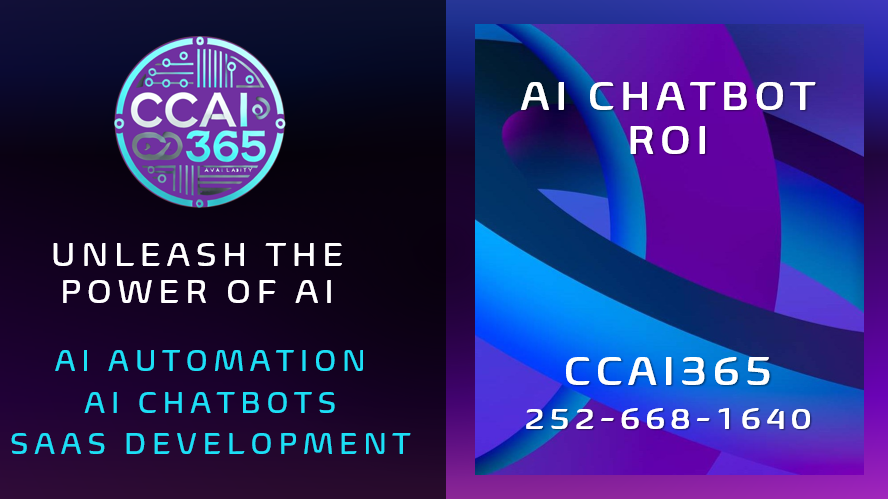
Understanding AI Chatbot ROI: Boosting Efficiency and Revenue in 2025
Introduction to AI Chatbot ROI
In the rapidly evolving business landscape of 2025, efficiency, customer satisfaction, and revenue growth are no longer optional—they are essential for staying competitive. One technology revolutionizing these areas is the AI chatbot. Businesses across industries are implementing AI-powered chatbots to automate customer service, streamline operations, and drive engagement. But the critical question remains: how do you measure the actual impact of these tools? That’s where AI chatbot ROI comes in.
Understanding AI chatbot ROI is more than just tracking cost savings. It involves analyzing productivity gains, revenue increases, customer retention, and overall operational efficiency. This insight allows business owners to make informed decisions, justify chatbot investments, and continuously optimize their deployment strategies.
In this article, we’ll explore why AI chatbot ROI is vital for modern businesses, provide a step-by-step guide to calculating it accurately, examine real-world applications and case studies, address common challenges, and reveal strategies to leverage ROI for long-term success.
Why AI Chatbot ROI Is Critical for Business Productivity and Profitability
The implementation of AI chatbots in business operations has become widespread, but the real value comes from understanding their return on investment. AI chatbot ROI is critical because it quantifies how chatbots contribute to productivity improvements and profitability, transforming abstract benefits into tangible business outcomes.
One of the main drivers of productivity is task automation. AI chatbots handle routine customer inquiries, appointment scheduling, order tracking, and even technical troubleshooting. By automating these repetitive tasks, companies can reduce response times, enhance accuracy, and free human employees to focus on high-value activities. This efficiency translates directly into operational savings and improved service delivery.
Profitability is also directly impacted. AI chatbots can engage with customers 24/7, capturing leads, upselling products, and providing real-time support that encourages conversions. Businesses can track these interactions and correlate them with increased sales revenue, demonstrating clear financial gains.
Another critical factor is scalability. Unlike human teams that require additional hiring to meet rising demand, AI chatbots can handle thousands of simultaneous interactions without incremental costs. This scalability allows businesses to maintain high service levels during peak periods, ensuring customer satisfaction while protecting margins.
Measuring AI chatbot ROI also supports strategic decision-making. By understanding which functionalities drive the most value, businesses can allocate resources more effectively, adjust workflows, and prioritize enhancements that maximize profitability and efficiency.
Ultimately, AI chatbot ROI is not just a metric; it is a guiding principle for business leaders who want to leverage AI technologies to their full potential.
Step-by-Step Guide to Calculating AI Chatbot ROI Accurately
Calculating AI chatbot ROI requires a methodical approach to capture all relevant benefits and costs. The process begins with defining clear objectives for chatbot implementation, such as reducing support costs, increasing conversions, or improving customer satisfaction.
Step one is to quantify costs. These include the initial investment in the chatbot platform, ongoing subscription fees, development costs for customizations, integration with existing systems, and maintenance expenses. Accurate cost tracking ensures a solid baseline for ROI calculations.
Step two is to quantify benefits. This involves measuring cost savings, revenue gains, productivity improvements, and customer retention metrics. For example, if a chatbot reduces average customer service calls by 30%, you can calculate the associated labor cost savings. Similarly, if the chatbot contributes to upselling products or capturing new leads, the incremental revenue should be included in ROI calculations.
Step three is to select appropriate KPIs. Common KPIs include average response time, resolution rate, customer satisfaction scores, lead conversion rate, and net promoter score. These indicators provide insights into the qualitative and quantitative benefits delivered by AI chatbots.
Step four is to apply the ROI formula:
AI Chatbot ROI (%) = [(Total Benefits – Total Costs) / Total Costs] × 100
Step five is to monitor and iterate. ROI is not static; it evolves as chatbot functionalities improve and customer interactions increase. Regularly reviewing performance metrics allows businesses to refine the chatbot, enhance its impact, and maximize ROI over time.
By following this step-by-step approach, business owners can accurately assess the value of their chatbot investments, justify expenditures, and make data-driven decisions to enhance both efficiency and revenue.
AI Chatbot ROI Insights: Case Studies and Real-World Applications
Real-world examples highlight the tangible benefits of AI chatbots and demonstrate how businesses can maximize AI chatbot ROI.
In the eCommerce sector, companies like Shopify-powered stores have implemented AI chatbots to automate customer service and drive sales. By handling common inquiries, providing product recommendations, and facilitating instant checkout, these businesses have reported cost reductions of up to 40% in support operations while simultaneously increasing average order value.
In financial services, banks and insurance providers deploy AI chatbots for routine account management, claims processing, and policy inquiries. One mid-sized bank reported a 35% reduction in call center costs and a 25% increase in customer engagement after integrating AI chatbots across web and mobile channels.
Startups and small businesses also benefit from AI chatbots, which allow them to compete with larger enterprises without significantly increasing overhead. For example, a subscription-based service automated lead capture and onboarding using AI chatbots, resulting in a 50% faster sign-up process and a measurable increase in monthly recurring revenue.
Internal applications also contribute to ROI. Organizations are using AI chatbots to streamline HR processes, IT support, and employee onboarding. By reducing repetitive administrative tasks, companies free human resources for strategic initiatives, further boosting overall productivity and profitability.
These case studies illustrate that AI chatbot ROI is not hypothetical—it is measurable, actionable, and capable of delivering substantial value across industries.
Common Challenges in Maximizing AI Chatbot ROI and How to Overcome Them
While AI chatbots offer significant benefits, businesses often encounter challenges that can affect AI chatbot ROI. Understanding these obstacles is critical for achieving maximum return.
One common challenge is improper integration with existing systems. If chatbots are not fully integrated with CRM platforms, analytics tools, or eCommerce systems, data silos can reduce efficiency and diminish ROI. Overcoming this requires careful planning, choosing a compatible platform, and collaborating with technical teams to ensure seamless integration.
Another challenge is setting unrealistic expectations. Some businesses expect AI chatbots to handle every customer interaction perfectly. In reality, chatbots excel at handling routine queries but may require human support for complex issues. Establishing clear use cases ensures that the chatbot operates efficiently and delivers measurable ROI.
Data quality and training are also essential. AI chatbots rely on accurate, well-structured data to provide meaningful interactions. Regular updates, training, and monitoring help maintain chatbot performance and sustain ROI over time.
Finally, neglecting ongoing optimization can limit ROI. Businesses must analyze chatbot metrics, identify improvement opportunities, and implement updates continuously. Optimization ensures that chatbots adapt to evolving customer needs and market conditions, maximizing long-term returns.
By addressing these challenges proactively, companies can unlock the full potential of AI chatbots and achieve consistent, measurable ROI.
Leveraging AI Chatbot ROI to Drive Long-Term Business Success
Maximizing AI chatbot ROI is not only about immediate cost savings or productivity gains—it is about long-term business strategy. When businesses effectively measure, monitor, and optimize chatbot performance, they can achieve sustainable growth and competitive advantage.
Investing in AI chatbots allows companies to maintain high-quality customer support around the clock, freeing human agents to focus on strategic tasks. This dual benefit enhances efficiency, reduces operational strain, and improves customer satisfaction—key drivers of loyalty and retention.
Revenue generation is another critical component. AI chatbots can identify upselling and cross-selling opportunities, nurture leads, and accelerate the sales funnel. By measuring these outcomes as part of AI chatbot ROI, businesses can directly connect chatbot performance to financial results.
Furthermore, continuous analysis of ROI metrics informs better decision-making. Businesses can identify which chatbot features are most effective, adjust workflows, and prioritize improvements that maximize long-term value. This data-driven approach ensures that chatbot investments remain aligned with evolving business goals.
Ultimately, leveraging AI chatbot ROI is about turning technology into a strategic asset. Companies that understand, optimize, and act on ROI insights can boost efficiency, increase revenue, and maintain a competitive edge well into the future.
Conclusion
AI chatbots are transforming the way businesses operate in 2025. By understanding and optimizing AI chatbot ROI, companies can unlock productivity gains, reduce costs, enhance customer experiences, and drive revenue growth.
Accurately calculating ROI, learning from real-world applications, addressing common challenges, and leveraging insights strategically are the keys to turning AI chatbot investments into long-term business success. Companies that embrace this approach will not only thrive in today’s competitive market but also future-proof their operations for continued growth.
Boost your business ROI with a Chatbot from CCAi365. Call us today at 252-668-1640 or contact us and stay ahead of your competition!
